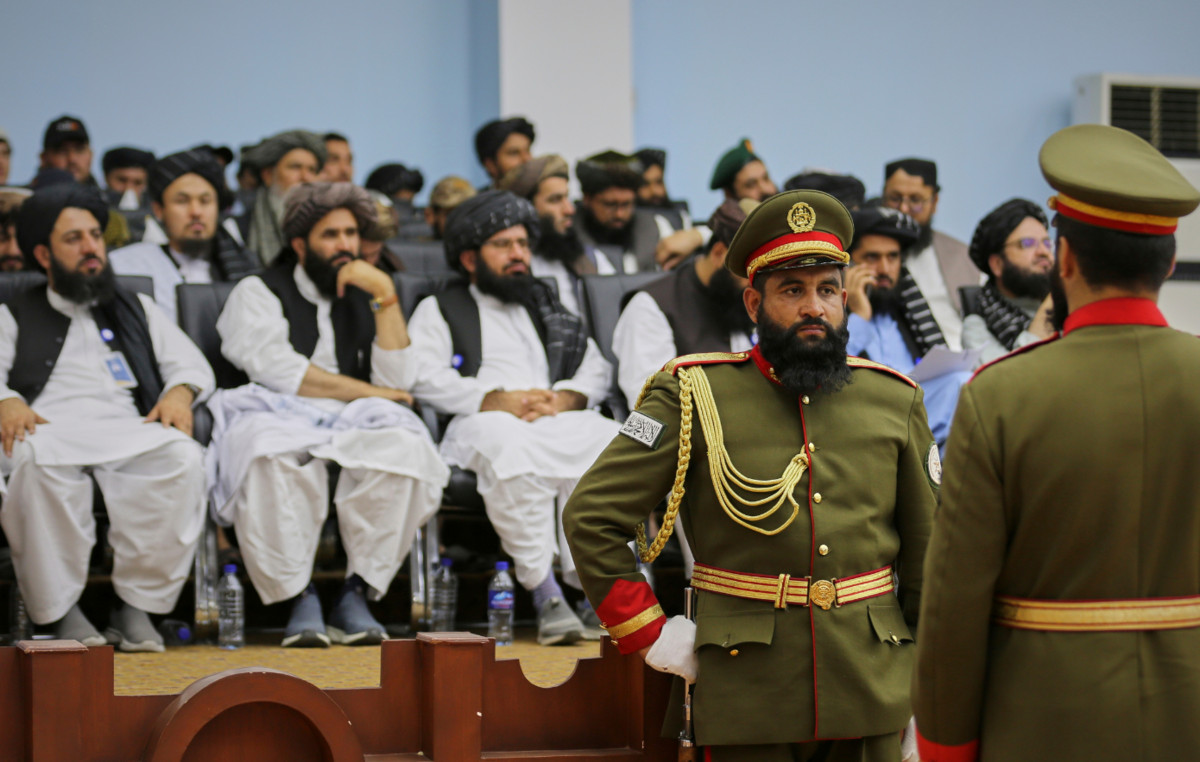Archbishop Nikitas of Thyatira and Great Britain sent letter to the British Prime Minister Rishi Sunak and asked to be positioned in favor of their return to Greece Sculptors of the Parthenon.
Among other things, he states that they were obtained in a “barbarous” way, through “intrigues” by associates of Lord Elgin and that their place is in the country from which they come.
Here is the full letter:
“Dear Prime Minister,
On behalf of hundreds of thousands of citizens and other residents of the United Kingdom – people who deeply value the cultural and spiritual traditions of Britain and Greece – I would like to address you, with great respect, on an issue that has recently attracted the attention of the media and which is of particular concern to us.
In the context of a wider global debate about cultural relics acquired under controversial circumstances, the interest returns to the wonderful Marble Sculptures that were removed from the Parthenon at the beginning of the 19th century. and are now in the British Museum. These relics, which include about half the mosaic that once adorned the Parthenon, reflect the artistic genius of Athens in its golden age.
Regardless of the direction of this larger global debate, I would like to urge you consider the Parthenon Sculptures as a special case, requiring a bold and progressive solution which would greatly improve relations between the Greeks, the British and all those who appreciate the Greek heritage.
As you know, the Sculptures that are in London today they were part of a single monument, which was fragmented (described even by its perpetrators as “somewhat barbaric”) on the private initiative of a diplomat, which would be unthinkable today, and which was hotly contested even at the time.
According to the writings of historian William St Clair, who researched the issue deeply, the Lord Elgin’s agents used “persuasion, threats and bribes” to persuade the Ottoman authorities in Athens to allow an aggressive stripping of the Parthenon and other monuments of the Acropolis. In the long and essentially rich history of British scholarly interest in Greek heritage, this is certainly not an episode to make one proud.
Two centuries later, the possibility of reuniting the Sculptors who were so suddenly separated is discussed, and there is an obvious place to expose themthe gallery of the Acropolis Museum that already houses about a third of the diazoma, in the Greek light, with the Parthenon nearby.
As UK residents we respect the British Museum as a center of academic excellence and we understand his ambition to present the magnificence of world history. We also understand the independent status of the Museum and the legal obligations of its trustees to protect the collection.
However, along with many British scientists, cultural figures, politicians and ordinary citizens, we believe that the global recognition of the Museum would be enhanced, not diminished, if the return were to take place of Sculptors in Athens. As the law was amended to enable the restoration of works of art confiscated by the Nazis, it is not impossible – with good will – to find legal solutions that would facilitate the restoration of the entirety of this unique diazom.
The British and the Greeks are already working together very productively in the study of Greek heritage and in presenting it to the world. Among the fruits of this partnership are the generous provision of funds by Greek benefactors to British universities, the thriving British School of Athens, a recognized UK Foundation promoting academic collaboration, research involving archaeology, conferences and lectures, the strong Greek presence between staff and students of British universities, as well as, recently, the selection of a proposal by a British architect for the upgrade of the National Archaeological Museum of Athens.
All this is happening despite the problems caused by the terrible injustice committed on the Acropolis 200 years ago. We would say that cultural cooperation between the UK and Greece could rise to new heights, to the great benefit of all, if this problem were resolved.
As we celebrate the 200th anniversary of the renaissance of Greece, we have the unique opportunity to satisfy this just demand.”
Source: News Beast
With 6 years of experience, I bring to the table captivating and informative writing in the world news category. My expertise covers a range of industries, including tourism, technology, forex and stocks. From brief social media posts to in-depth articles, I am dedicated to creating compelling content for various platforms.







